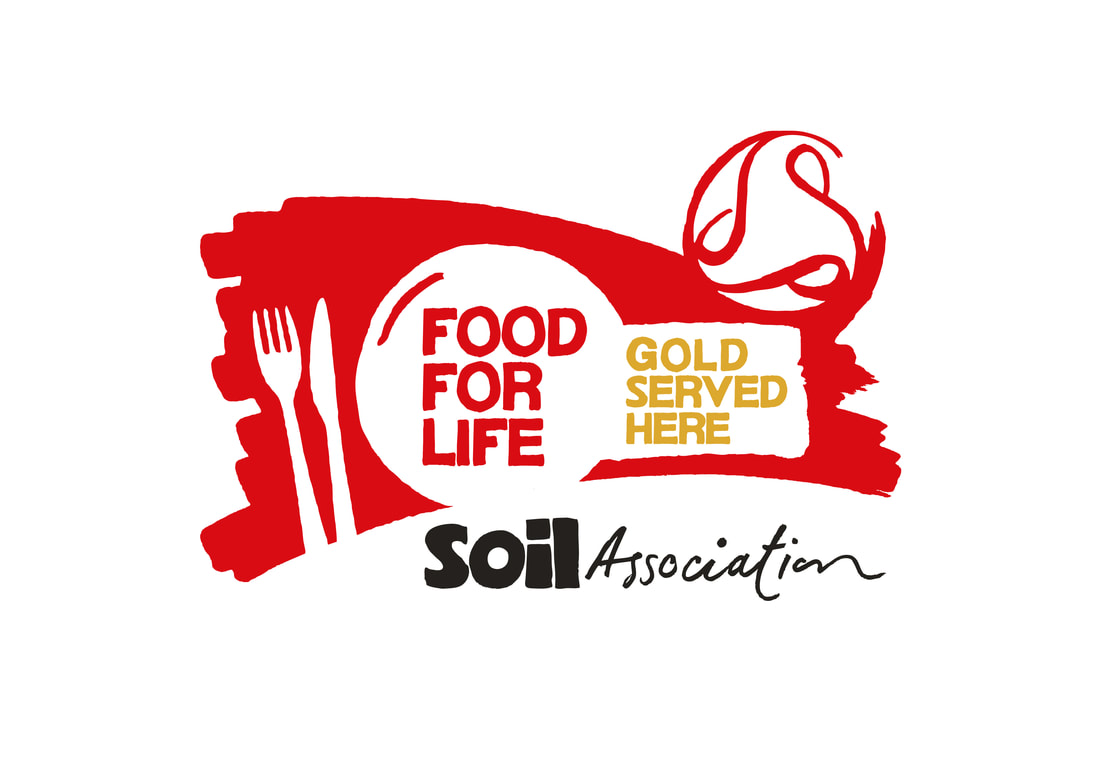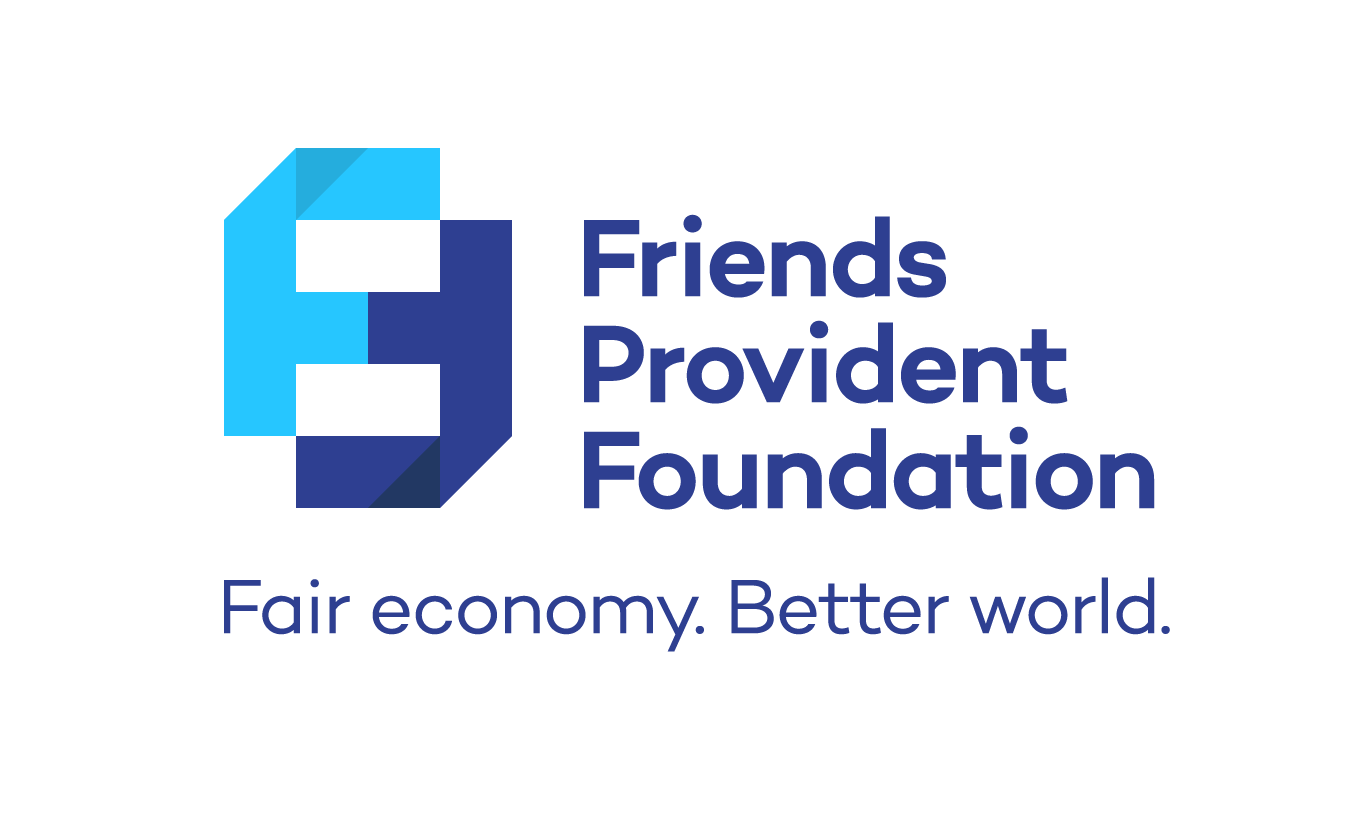
- Soil Association
- Causes and campaigns
- Food security
- Shortening supply chains
- Pioneers of public procurement

Increasing organic and local sourcing
Leicestershire Trading Services have driven changes in their supply chains through sheer determination and passion for providing good quality, organic and locally-sourced food.
They enrolled in standards schemes and made changes to sourcing. Through pilot and scoping work, they have also identified some learnings to support an increase in supply of local food.
Changes to sourcing
Leicestershire Trading Services (LTS), serve over 33,000 school meals to more than 230 schools across the Midlands. Senior catering manager, Jackie Manship is passionate about healthy and sustainable sourcing and wanted to investigate how to source more organic and local food to schools.
They enrolled in Soil Association’s Food for Life Served Here; an independent standards scheme that rewards caterers for providing healthy, freshly prepared meals from ethically sourced and organic ingredients.
Working in partnership with the Soil Association’s Food for Life Served Here Team, they have increased organic and ethical sourcing through their appointed procurement body by changing their sourcing policies and switching suppliers.
Despite their recent successes, LTS are keen to shorten supply chains further and source more local and sustainable food.
Due to lower production volumes, small, local producers face challenges with consistently meeting public sector supply requirements. To explore opportunities to address this LTS connected with Lower Hurst Organic Farm, a local producer that make and supply organic meat products to wholesale caterers and schools.
Together they explored the possibility of developing a supplier “hub” to enable local producers to join together to supply schools. The idea was for this hub to actively manage the aggregation, distribution and marketing of food products for the producers.
Following initial scoping work, including: engaging with producers, providing product and price lists and identifying 18 schools, they encountered several challenges that prevented the hub pilot from progressing.
These included lower levels of producer engagement than expected and apprehension from producers about procurement legislation, documentation and their ability to meet volumes of supply.
Despite this, local alternatives for 100 like-for-like products were identified and further market engagement would have yielded positive results.
Initiatives bringing communities together
Although the supplier hub wasn’t put into action, joining together to affect change delivered benefits for the caterers, the producers and the community.
Lower Hurst now source UK organic carrots and onions from a new organic supplier, and continue to explore opportunities to expand supply of their organic meat products to local schools.
LTS have been recognised for their local and sustainable food sourcing by becoming certified to the prestigious ‘Food for Life Served Here’ Gold standard.
The Gold Award is the highest accolade the Soil Association Food for Life programme awards to caterers.
It showcases their dedication to serving local and sustainable food and includes requirements such as a minimum 15% spend on organic food across their menus alongside other ethical and local sourcing requirements.

The award logo is a useful tool for diners too. Food for Life Served Here is an independent certification body they can trust; seeing the symbol helps them understand where their food has come from – and make decisions to support local businesses.
A supportive framework is needed
Whilst collaboration between trailblazing caterers and suppliers like LTS and Lower Hurst are paramount to driving forward change, more support is needed to guarantee success.
This includes:
- Support for producers. Local producers and processors may have some apprehension around large business changes. Some on-the-ground engagement and connection support would help tackle this.
- Political backing. The local Council must recognise the value of sourcing local and sustainable food and give a mandate to explore opportunities in procurement. The role of passionate pioneers that advocate for change in their organisation, and develop partnership are crucial to the success of new schemes. Without their support, it can often be difficult to make change – especially in the current climate of budget cuts.
- A revised procurement framework that incorporates sustainability. This would make it easy and accessible for procurers to buy sustainable food in a way that reduces complexity and provides security and assurance.
In the meantime, LTS continue to work in partnership with Leicestershire Council and the Soil Association to improve local sourcing.
Leicestershire County Council has also recently declared a state of climate emergency, and joined the Sustainable Food Cities Network. The Network aims to help facilitate people in the community working together to make healthy and sustainable food more accessible.
This supportive environment should help invigorate the community for change. We hope to see even more great achievements from Leicestershire Trading Services and Lower Hurst Organic soon!
-
Shortening Supply Chains: Roads to Regional Resilience
Read the report
Our thanks to Friends Provident Foundation, who kindly funded a project carried out by the Soil Association to explore possibilities in supply chains.




